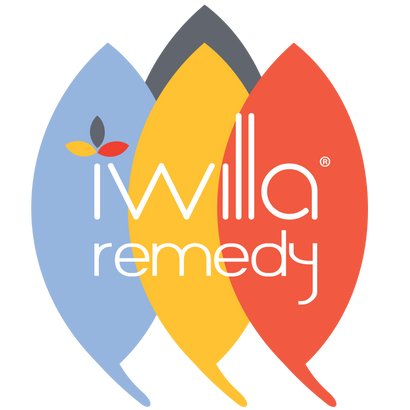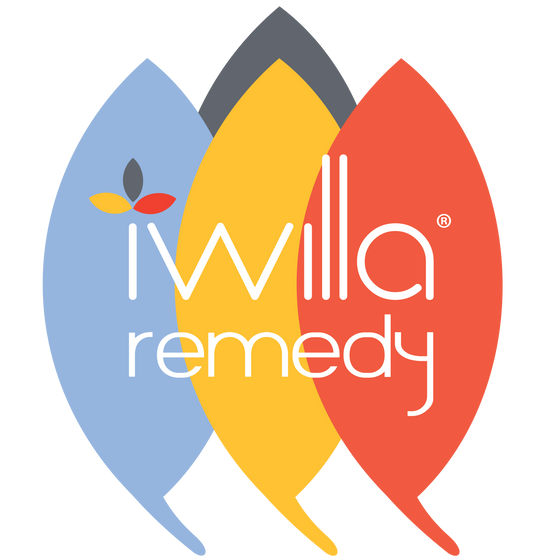Moringa + Nourishment
March 29, 2023

I literally could not sit down to write today’s message before eating. I intermittent fast (kinda) on most days, but this morning I was ravenous and couldn’t focus. Instead of complaining about being hungry and trying to stick to a rigid diet plan, I ate.
This is the perfect lesson for today’s Healing Prix Fixe main course, which is Nourishment.
Our culture and the food industry have made eating so complicated. Last year’s “healthiest” foods are this year’s toxins. Turns out the “natural and safe” sugar alternative may increase our risk of heart attack or stroke. Yesterday’s super diet is now super bad.
Should I be low carb? Low sugar? Vegan? Grain free? Keto? Gluten free? Soy free? Nut free?
With all the conflicting messages, how is it that we’re perceived as crazy when we don’t fully trust that GMO’s, meat substitutes, and genetically engineered fish are harmless?
It’s literally nuts! As consumers, we’re overwhelmed at best when it comes to trying to eat well. Big Agriculture, Big Pharma, and the diet industries love every bit of it – collectively they are worth trillions of dollars.
Tami and I have tried many different types of diets through the years. We don’t have a story of a specific diet creating major improvements in our health. However, all of our food experiments taught us to prioritize nourishment. For us this means:
👉🏽 Getting the nutrients for today’s body. Your energy demands shift all the time and are dependent on several factors like sleep, exercise, stress, menstruation, etc. Today’s body isn’t yesterday’s body, so just like I needed to adjust and eat breakfast this morning, you need to tune in to what your body needs today.
👉🏽 Pause before satisfying a craving. An example of this is if you’re reaching for a sweet treat, reflect on if you need the donut or if you’re craving it to soothe an uncomfortable emotion. Another example is if you find yourself snacking a lot. Maybe it’s an invitation to shift to eating more smaller meals per day as opposed to the standard big three.
👉🏽 Addictions are real. What we ingest regularly changes our gut microbiome, which affects our brain chemistry. The more you eat highly processed foods, the more your brain and body will think it needs them for survival, so it will be hard (not impossible) to cut out those foods.
👉🏽 Make the choice you won’t regret. If I consecutively eat something that isn’t good for me or if I don’t stay on top of my vegetable intake, then I know I’ll start feeling guilty or worried. I believe the energy I put into my food choice is as important (if not more), than the food itself (starting with a healthy base, of course). I want to feel at peace with food, so I pause and play out my choices before taking a bite. The negative emotion isn’t worth it to me.
👉🏽 Eat most meals at home with real ingredients. Regularly consuming restaurant, processed foods and drinks increases your intake of refined sugars and carbs, saturated fats, sodium, as well as chemicals like pesticides, herbicides, antibiotics, coloring, and preservatives. You’ll also be consuming more foods and ingredients that inflame, inhibit beneficial bacterial growth, are nutrient deficient, are common food triggers (like diary, soy, gluten and corn), and add to your toxin load.
👉🏽 Read and research ingredients. That sugar alternative I previously mentioned is erythritol. It’s become wildly popular and honestly when that happens and the food industry is involved, I get suspicious.
👉🏽 Have a plan. We have to meal prep or we’ll end up making regretful choices. On weekends we’re thinking about recipes, shopping, cooking, and getting ready for the week ahead.
👉🏽 Adjustment is more sustainable than total restriction. As soon as you’re told you can’t have something, the more you want! Why are we like this!?! We aim to gradually cut back instead of drastically cut out.
👉🏽 Fill nutrient gaps. Because of our depleted soil and draining lifestyles I think even if we’re eating the best of the best, we’re still missing key nutrients, so filling nutrient gaps with nutritive plants and natural supplements is helpful.
Moringa is today’s pairing with Nourishment. Moringa gives a whole multivitamin vibe. It is one of the richest plant sources of vitamins A, B, B1, B2, B3, B5, B6, B12, C, D, E and K, calcium, folic acid, biotin, copper, iron, potassium, fluorine, phosphorus, sodium, selenium, sulphur, magnesium, manganese, zinc, protein, amino acids and has more than 40 natural antioxidants! The list of health issues that Moringa supports us through is mind-blowingly long and given its robust nutrient profile, that makes sense. Moringa supports us in laying a foundation for our well-being on the cellular, and then we are invited to consider if our daily choices are helpful or hurtful.
Leave a comment
Comments will be approved before showing up.
Also in Iwilla Remedy Herbalism & Spirituality Blog
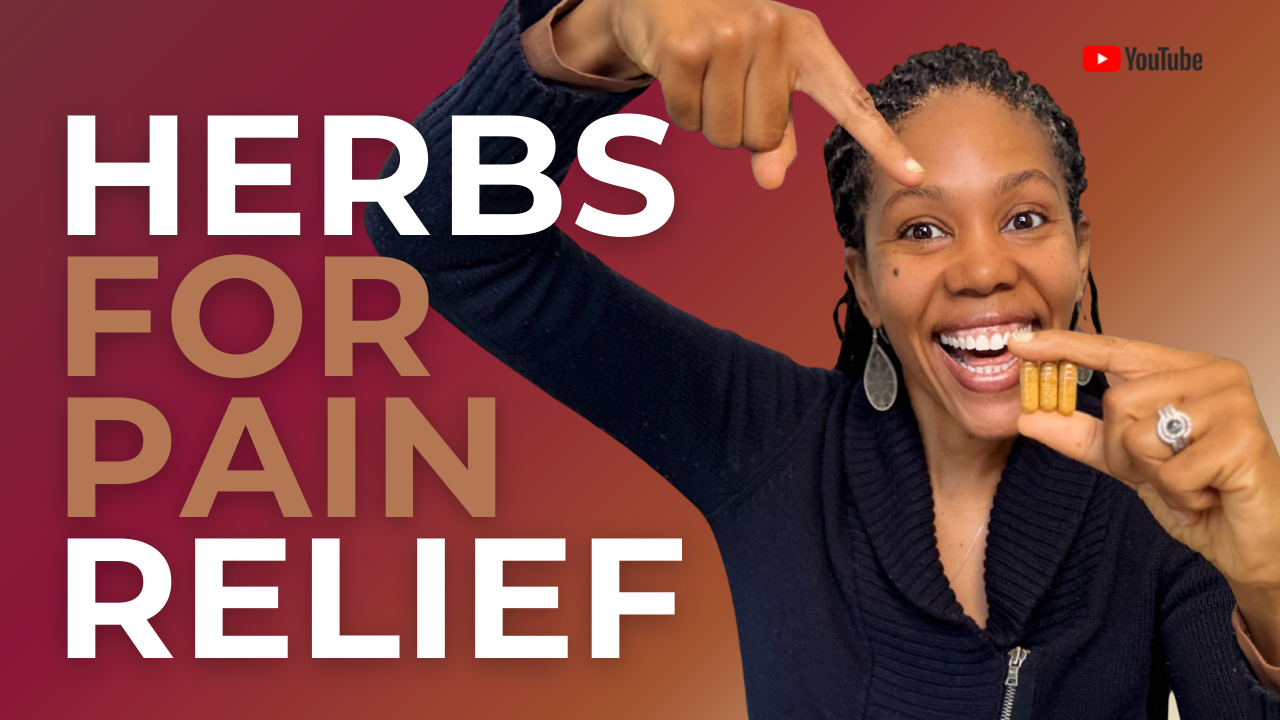
7 Herbs for Pain Relief: Cramps, Inflammation & Nerve Pain
August 19, 2025
Have you ever found yourself popping Advil for cramps, stiff joints, or aching muscles—only to feel like it’s a temporary fix? You’re not alone. Many of us are searching for...
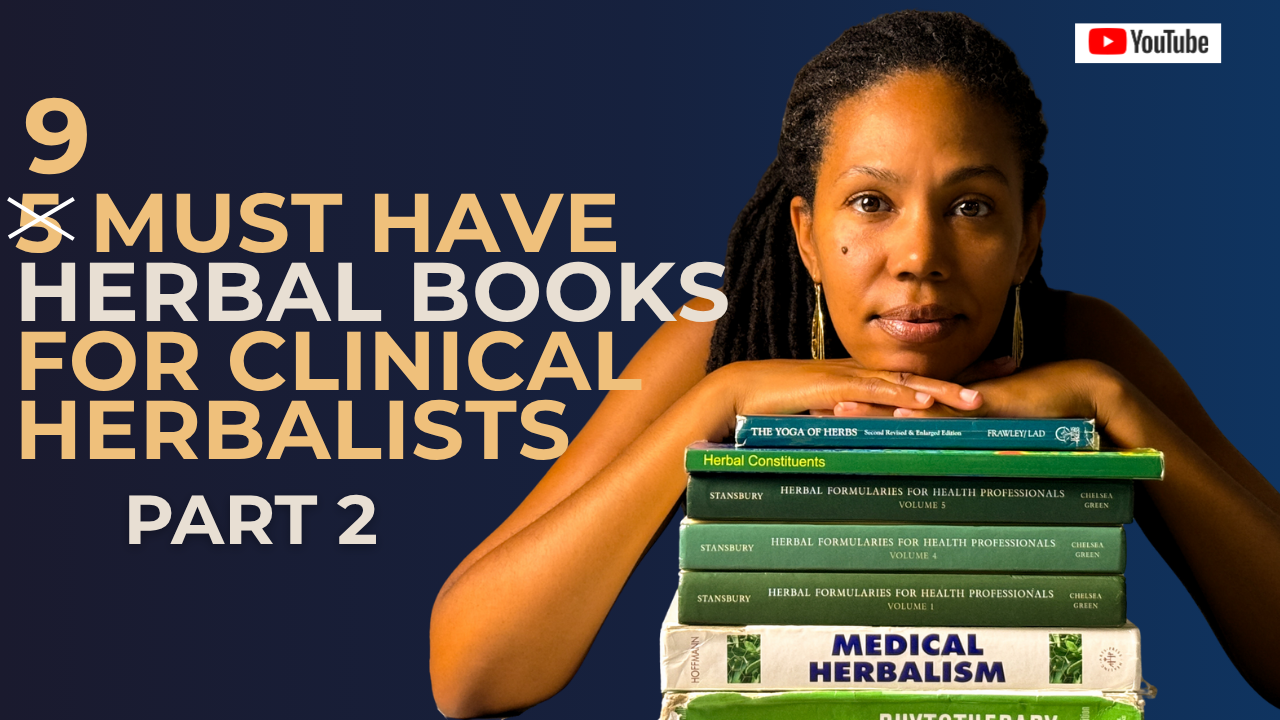
The Ultimate 9-Book Herbalist Reading List (Parts 1 and 2)
August 14, 2025
When it comes to herbalism, there is no shortage of books, but not all of them will actually help you grow. That is why I created my multi-part YouTube series on Best Medicinal Herb Books.
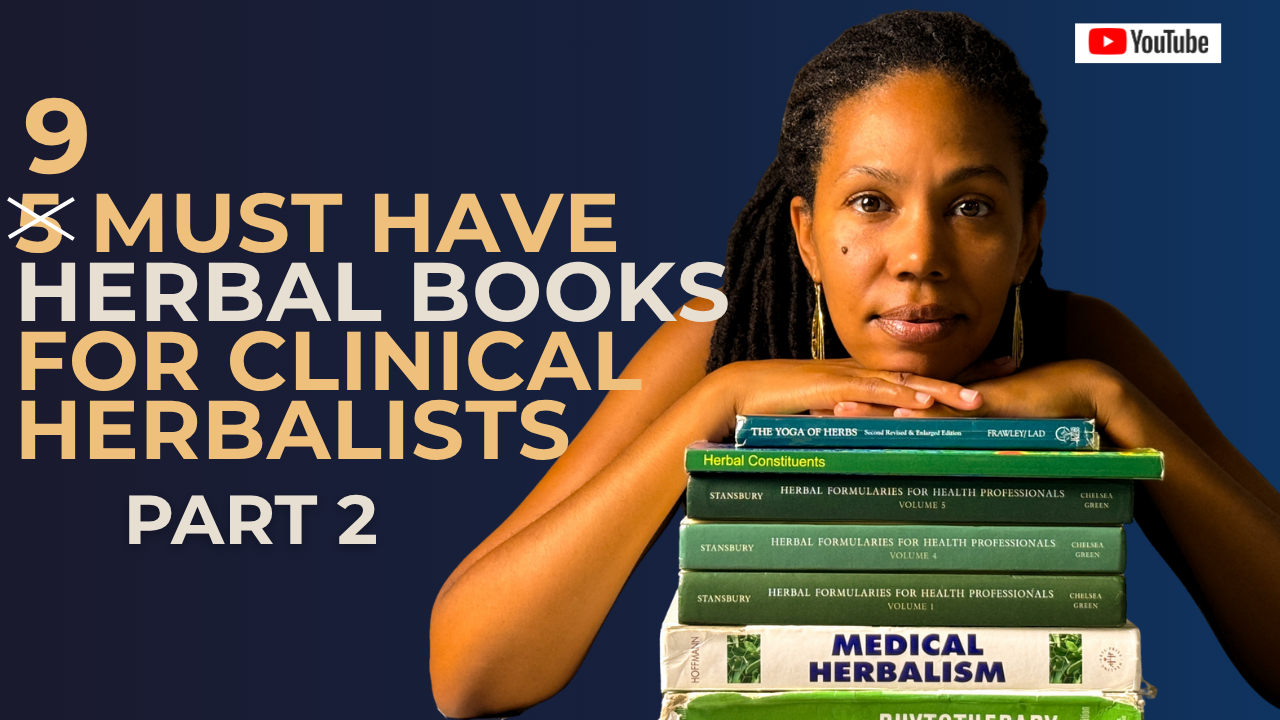
Best Medicinal Herb Books That Are Really 9 Incredible Reads
August 12, 2025
These are not coffee table books you flip through for pretty pictures. They are the books that pushed me from hobbyist into thinking like a clinical herbalist.
Navigation
© 2025 Iwilla Remedy. Powered by Shopify
